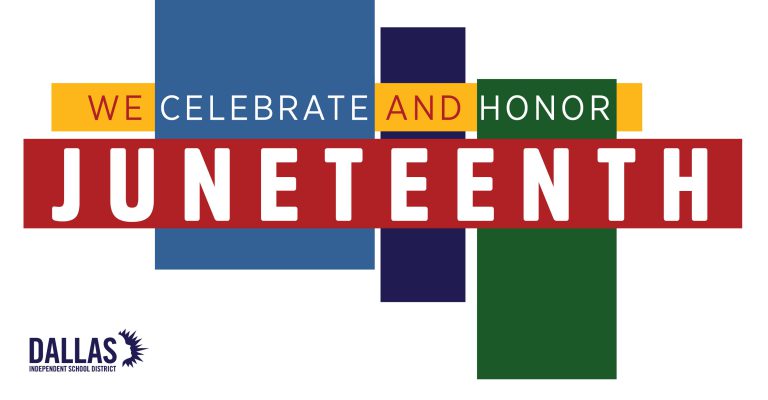As recently as a few decades ago, Juneteenth resonated with relatively few people outside Texas and neighboring states. Named for the month June and the nineteenth day, Juneteenth commemorates the date in 1865 that Texas received word of the Emancipation Proclamation – two and a half years after the signing of the formal proclamation. Today, Juneteenth is a holiday in 46 states and the District of Columbia. Celebrations feature family and community gatherings, often with readings of the Emancipation Proclamation, religious sermons and spiritual songs.
On June 19, 1865, the Union’s Maj. Gen. Gordon Granger arrived in Galveston to announce the proclamation, declaring the end of an era: “The people of Texas are informed that in accordance with a Proclamation from the Executive of the United States, all slaves are free.”
Late to receive the word, the newly freed in Texas nonetheless quickly claimed June 19 as an important turning point in emancipation, holding the first Juneteenth celebration in Galveston in 1866. The state established it as an official holiday in 1980. Today, the celebration that originated in the Lone Star State a century and a half ago is common in many American cities.
Dallas ISD Social Studies Director Shalon Bond says many more Texans, including district students, are more acutely aware of Juneteenth as a result of the Black Lives Matter movement, the murder of George Floyd, the recent anniversary of the Tulsa Race Massacre and even the Jan. 6 insurrection.
“These events are raising awareness,” she said. “I think these are signs of progress.” Pointing to the discussion on the floor of the Texas Legislature about curtailing teachers’ instruction of Critical Race Theory and race-related current events, she says “There’s an awakening, and change is coming.”
The Social Studies team has equipped district teachers to create classroom lessons about Juneteenth, which is referenced in Texas History textbooks and curriculum. And the district’s leadership is in discussions about providing guidance to teachers in the wake of the recent state legislation. “Teachers need to know they are empowered to talk about history,” Bond said.
An ardent student of history, Bond is excited about the many celebrations in Dallas and around the state in observance of Juneteenth.
- In Galveston, the home of the holiday, the city is installing a historic mural and art installation titled Absolute Equality to celebrate Juneteenth and preserve the city’s role in establishing the holiday.
- Dallas ISD’s Racial Equity Office is hosting a free educational webinar about Juneteenth and the Crown Act (Create a Respectful and Open World for Natural Hair.” Go here to learn more and register.
- Dallas’ Blair Foundation and Elite News plan the city’s first Juneteenth parade, starting at 10 a.m. at William Blair Jr. Park at 3000 Rochester St. in south Dallas and ending at Fair Park where festivities will include trail rides, parade floats, a car show and a Negro Baseball League Historical Exhibit, rounded out with live music and food trucks. Dallas ISD will participate with enrollment assistance for families and information about early learning, health services and the new Dr. Frederick D. Haynes III campus opening in August at Paul Quinn College.
- The MLK Community Center and Dallas Police Department will host a drive-through Juneteenth celebration from 10 a.m. to noon in which families can drive through the center to receive free food, household products and safety information.
- And the African American Museum at Fair Park will celebrate starting at 2 p.m., Friday, June 18, with a gallery talk by Black Texas historians, followed by drumming and musical performances and a dramatic presentation of the history of Juneteenth on Saturday.
Dallas historian Robert Edison sees Juneteenth as a statement of the resilience and perseverance of Black people. He hopes that families will celebrate the day spending time together and sharing their family history and culture. “It’s an opportunity for young people to interview their elders and learn about their history.
“It’s time for African Americans to embrace their history and honor our culture,” he said. “We can tell our own history, how we’ve come through slavery, racism, the civil rights struggle and discrimination.”

